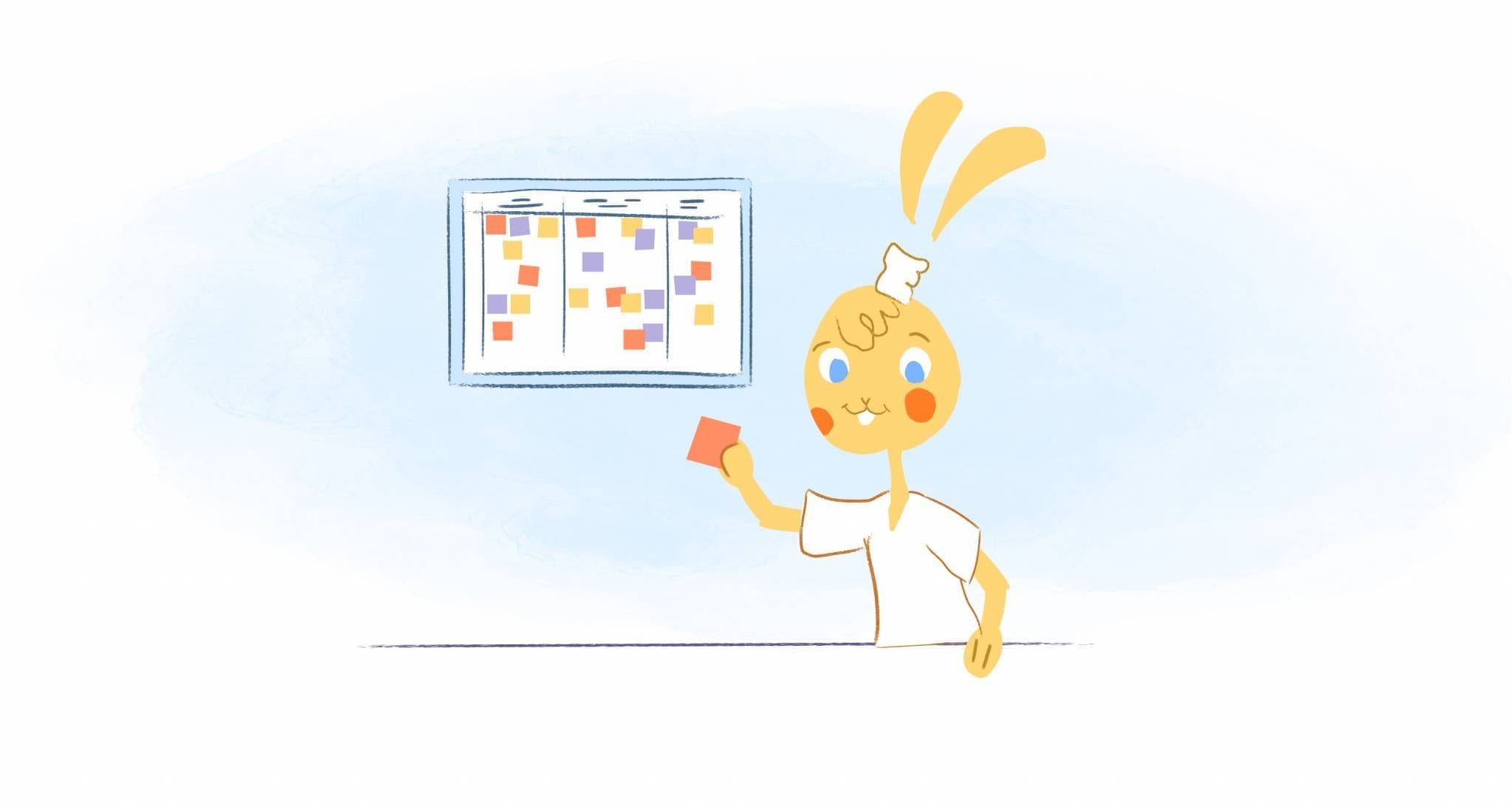

There you are enjoying a perfectly beautiful Sunday evening. You’ve had an eventful and fun weekend and decided to spend tonight chillaxing. Then, from out of nowhere, a sense of dread washes over you (there arose such a clatter?). Your mind begins to think about what you need to get done this week. There’s just no way to stop these thoughts once they get rolling.
Hopefully — thoughts driving you crazy — isn’t a regular occurrence. But, if you aren’t planning your week by Sunday night, you may want to make some changes to up your productivity. Planning your week may not be the most exhilarating of tasks. But, it helps you determine what needs to get done and when.
In turn, this will make you more productive since you’re only focused on the right things at the right time. And, because you’re not running around like a chicken with its head chopped off, you’ll feel less stressed and anxious.
But, how exactly should you plan your week so that it will be more productive? Well, here are eight tips that will guarantee that your week will be efficient and effective.
Get a head start.
“Sunday clears away the rust of the whole week.” — Joseph Addison
It’s true. If you want to have a productive week, then you need to start planning on Sundays. If that’s not your cup of tea, though, then at least begin your preparations on Friday afternoon or Saturday.
I know. You want to kick back and relax this weekend. But, is it really going to be the end of the world if you do a little work? Could you map out your week while watching football or waiting for your favorite HBO to start?
Set aside about an hour and jot done everything you need to get done this week. In particular, think about your daily routines, recurring events, deadlines, and goals. Next, mark them off first so that nothing else gets scheduled ahead of them. Don’t forget about anything else that you’ve penciled in. Remember you are going to that concert with a friend or your family coming to town?
That may sound like a lot of work. But, it gets all of these commitments out of your head. From there, you can begin to plan accordingly. For example, because you have family arriving on Thursday, you’ll probably want to make sure that you get your most important work done in advance so that you can actually spend time with them.
Sketch it out your ideal week.
Here’s a low-tech method from Jonathan Vieker.
Grab a sheet of paper and title it “Things I Get to Do This Week.” It’s a “heavy-handed title designed to remind me that I’m in charge of my time and my actions,” writes Vieker. “I don’t have to do anything. It does me good to remember this.”
Next, make a rough grid, “with the columns labeled with the days of the week.” You’ll also want to have “four rows labeled ‘Morning,’ ‘Lunch,’ ‘Afternoon,’ and ‘Evening.’ You’ll then place “a line through any time slots that are unavailable due to other commitments.”
“Below that, I create two unrelated columns: ‘Big Stuff’ (60 minutes or more) and ‘Tasks,” adds Vieker. “Using my calendar, my Next Actions list, and my memory, I list everything I plan to do this week in one column or the other. Next—and this is the key to the whole system—I assign each item to an empty slot in the grid above (Big Stuff often get its own block, while Tasks are batched together).”
“This process forces me to take a sober look at how many free hours await me in the coming week,” says Vieker. “Often, I run out of time and have to reshuffle priorities.” But, there are some weeks when there are “empty time slots left over.”
Although you might have a messy grid write now, you’re going to revise it. Vieker does this by typing out his plan in story form. But, you could do this by creating theme days and dividing your days into time blocks.
For some, this might be a little complicated and time-consuming But, the idea here is to sketch out the week based on things like due dates, when you’re most productive, and prior obligations.
Use the E/N/D system.
The E/N/D system, which stands for Energizing / Neutral / Draining, can be used to help you prioritize your time. It accomplishes this by helping you manage your energy.
Whenever scheduling tasks, designate them as either E, N, or D. Usually, tasks that are energizing are the things that you enjoy doing. As such, you would want to schedule them when you need an energy boost, like after lunch. Draining tasks are those that you dread because they’re challenging. Those should be scheduled when you have the most energy, like in the morning.
Monday, back from the dead.
Want to turn each day into a win? Then determine how each day of the week is going to be shaped. For instance, some people love to dive into Mondays. It’s the best day of the week. That’s how it is for me.
A few people are prone to catch the Monday blues. Knowing this, you probably wouldn’t want to plan on working on your most important tasks for the first day of the week. That should be reserved for Tuesday or Wednesday when you have the most energy.
Instead, ease your way into the week.
“Lower your expectations for that day and try to knock out some of your smaller but still important tasks out at least for the first few hours,” suggests Choncé Maddox in a previous Calendar article. “Give yourself one or two big tasks to accomplish for the day and consider anything else a bonus.”
“For example, as a freelance writer, I may want to ease into my work by using Mondays to send pitches, follow up with clients, and outline my articles for the week,” writes Choncé. “Tackling my biggest writing project first thing Monday morning may sound super productive, but it won’t be if I’m dreading the work.”
By Thursday and Friday, you’re pretty much spent. So, use those days for either more energizing tasks. They’re also perfect for less essential items like meetings, administrative tasks, or tidying up your workspace.
Create fulfilling routines.
“Fulfilling routines are routines that will help you live a more fulfilling and rewarding life,” writes Tiffany Mason over at Lifehack.
“Think of different fulfilling routines that you can start in your life that will make you feel more relaxed, peaceful, and happy,” adds Mason. Examples would be exercising in the morning, meditating, date nights, or spending time outside. “When it comes to living a fulfilling and rewarding life, it’s important to have fulfilling routines that rejuvenate your mind, body, and soul as well as rejuvenating your” relationships and career.
“Once you set what needs to get done and fulfilling routines in your calendar, it’s important for you to see this daily,” recommends Mason. She suggests keeping your routines visible, like printing them or placing them on your desktop.
“Once your weekly schedule is planned and ready to go, I find it really helpful to have my clothes prepared the night before so I don’t fill rushed in the morning,” says Mason.
Limit your plans.
Want to know why you’re not as productive as you should be? It’s because you’ve got too much going on. Limit a few of your plans and stop overcommitting.
As opposed to tackling your entire to-do-list, spread it out throughout the week. For instance, if you had ten high-impact objectives, focus on the top five, and schedule the rest for next week. Each day you’re going to tackle these priorities. That seems like a realistic goal. And, it gives you the wiggle room to attend to the unexpected.
Also, if you knock out these goals ahead of time, then you can jump into next week’s. Or, you can finally take care of these backburner tasks you’ve been putting off.
I should also add that you can limit your plans by delegating specific tasks to others. Let’s say that you need to make travel plans for a business trip. Although it’s essential, you might want to assign that to an assistant so that you can focus on more critical items.
Be a ruthless person.
No matter how hard you try, you can’t do it all. That’s why you need to make the most of this valuable and limited resource. And, the best way to do this? Become more ruthless.
Work your way through to-do-list and remove anything that’s not a top priority or has a deadline. Are there specific tasks that can be handed off to someone else? What could be dropped from your list altogether?
Trimming down your to-do-list will help you focus only on what truly matters. It also makes planning easier since there’s less to schedule.
Additionally, you also need to protect your time by saying “yes” to less. If you’re already working at full capacity, then politely turn down a request from a colleague asking for your help.
You also need to block out distractions. The main culprit is probably your smartphone. So, either turn it off, put it on ‘Do Not Disturb,’ or block apps when zeroed-in on deep work.
Celebrate last week.
Before calling it a day on Friday afternoon, review what you’ve accomplished this past week. Did you meet all of your deadlines and stick to your workout regiment? If so, give yourself a pat on the back. If you achieved a milestone, then reward yourself, like going out with friends this weekend.
At the same time, look back to see what didn’t go as planned. It’s not to make you feel bad about yourself. It’s an effective way to know where you need to improve. After all, weekly planning is an ongoing process of learning and developing.











Albert Costill
My name is Albert Costill and I'm a content marketer at Calendar. If I can help people become more productive in my journey, even better. If you ever have a question about your Calendar or how you can use it - - don't hesitate to reach out. I'm a Calendar Pro.